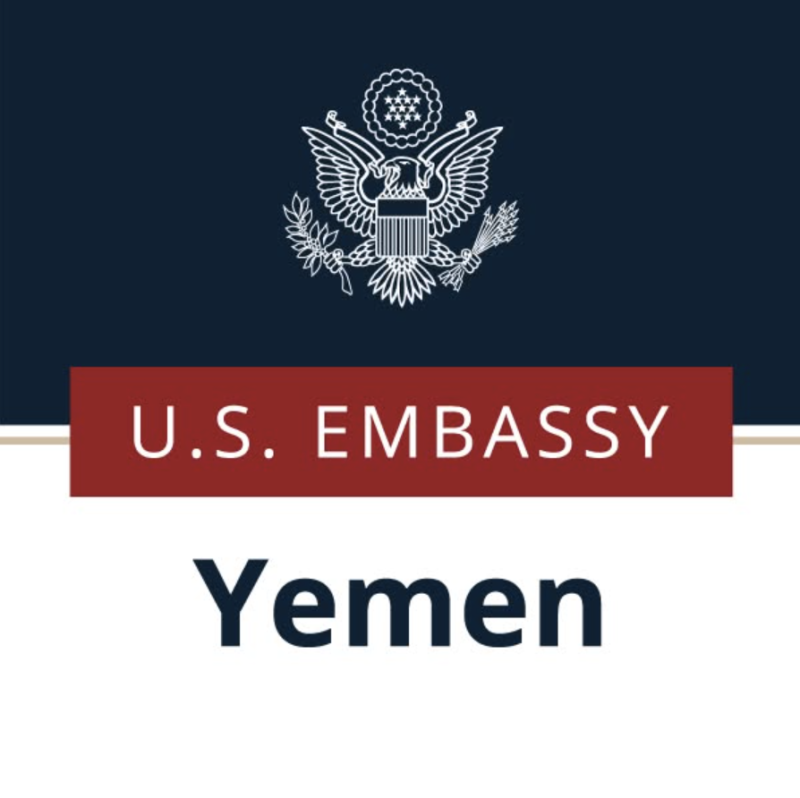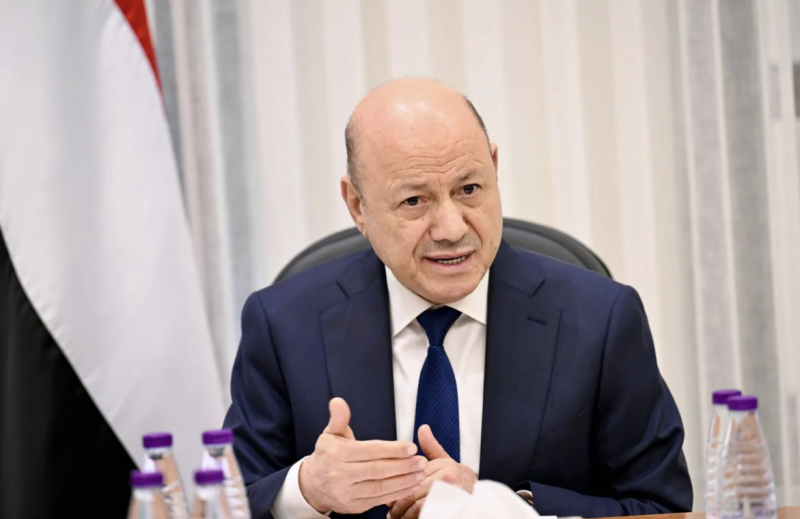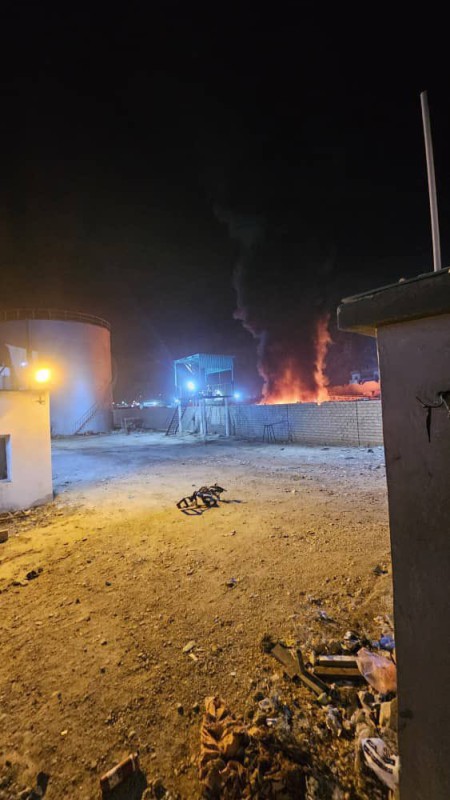Yemen’s president urges Houthis to allow humanitarian aid


Yemen’s embattled and exiled president on Thursday urged his government’s rival, the Iran-backed Houthi rebels, to stop impeding the flow of urgently needed humanitarian aid following a warning from the UN humanitarian chief last week that “the specter of famine” has returned to the conflict-torn country.
President Abed Rabbo Mansour Hadi’s plea came in a prerecorded speech to the UN General Assembly’s ministerial meeting being held virtually because of the COVID-19 pandemic. It aired more than a week after Human Rights Watch warned that all sides in Yemen’s conflict were interfering with the arrival of food, health care supplies, water and sanitation support.
UN humanitarian chief Mark Lowcock told the UN Security Council last week that famine in Yemen, the Arab world’s poorest country, was averted two years ago because donors swiftly met 90 percent of the UN’s funding requirements. But the UN’s latest figures show that the current $3.4 billion appeal is less than 38 percent funded, including new funding from Saudi Arabia of more than $200 million.
Lowcock had singled out Saudi Arabia, the United Arab Emirates and Kuwait on September 15 for giving nothing to the appeal, leaving 9 million Yemenis to cope with deepening cuts to aid programs including food, water and health care.
He said aid agencies continue to face challenges, including insecurity and bureaucratic impediments, in delivering food, medicine and other essential items in southern Yemen, but the challenges are less severe than in the Houthi-controlled north, where authorities have closed the airport in the capital, Sanaa, to UN and humanitarian flights.
The Houthis said this was due to fuel shortages, Lowcock said, “but that does not justify closing the airport,” which is critical for delivering aid.
In his speech, the Yemeni president also asked the Houthis to allow a UN team immediate access to an abandoned oil tanker that risks causing massive environmental damage to the Red Sea.
Lowcock said last week that a new UN proposal to assess and carry out initial repairs on the Safer oil tanker was being discussed with the Houthis. “We hope the new proposal will be quickly approved so the work can start,” he said.
Hadi spoke from Saudi Arabia, where he has been living during the more than five-year war that has ravaged Yemen, on the western tip of the Arabian Peninsula.
He represents the internationally recognized government of Yemen that was pushed out of Sanaa in late 2014 by the Houthis. A Saudi-led coalition backing Hadi has been at war in Yemen ever since, producing a humanitarian disaster. Millions have been displaced, pushed into poverty and live on the brink of famine.
“We are trying to save our country and establish a just and lasting peace,” Hadi said, blaming Iran for meddling in his nation.
“The objective is to stop the bloodletting in Yemen,” he said.
Human Rights Watch said in its report that international donors slashed their funding in June, partly because of the “systemic interference” in relief operations by the Houthis, Hadi’s government and southern separatists.
More than 17,500 civilians have been killed and injured since 2015, and a quarter of all civilians killed in air raids are women and children, according to the Yemen Data Project. Thousands of the country’s civilian deaths are blamed on Saudi coalition airstrikes, which are backed by the United States. Last year, President Donald Trump vetoed a resolution passed by Congress to end US military assistance in Saudi Arabia’s war in Yemen.
Multiple attempts by the UN to broker a peace deal have failed to end the conflict. Also, separatists in the south, backed by the United Arab Emirates, have long demanded succession from Houthi strongholds in the north.

Washington – The United States has voiced concern over recent developments in southeastern Yemen, stressing the importance of avoiding any st…

Riyadh --  Yemen’s Presidential Leadership Council Chairman, Rashad al-Alimi, announced on Tuesday a nationwide state of emergency, effe…

 Mukalla – The Saudi-led Arab Coalition has requested the immediate evacuation of civilians from Mukalla Port in Hadramout province.&nbs…